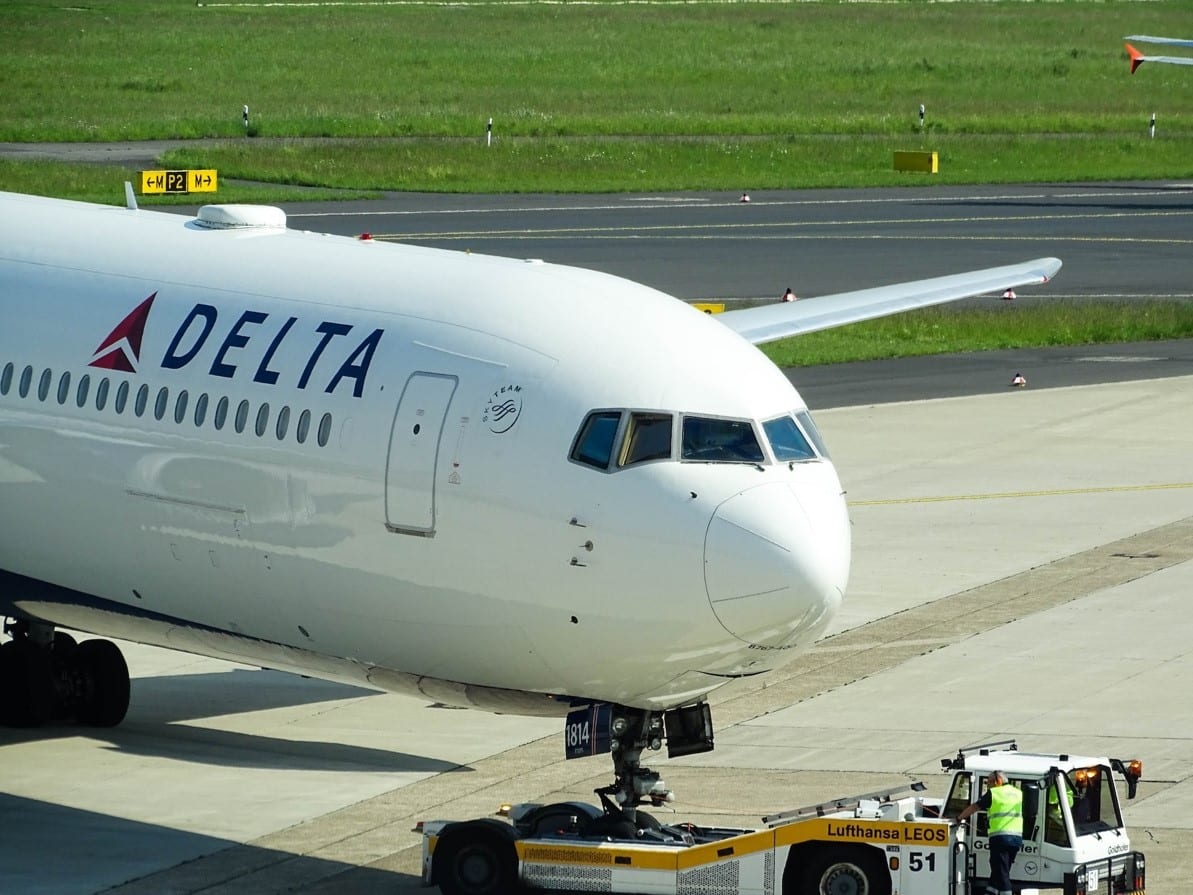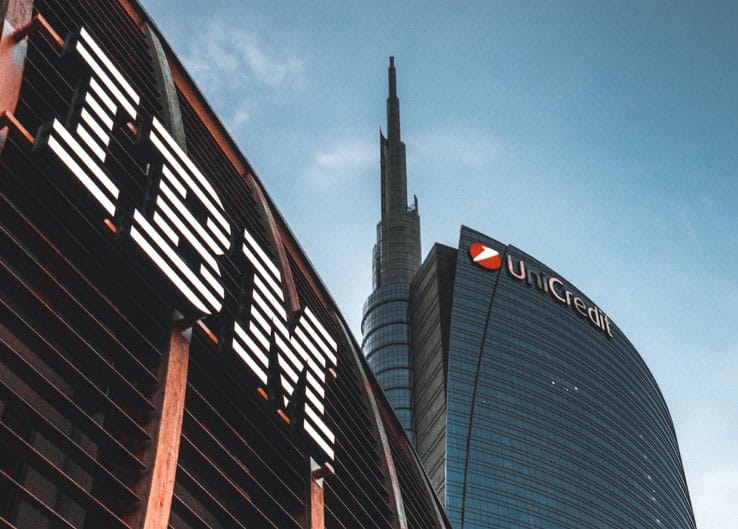Company: ITC Ltd
CEO: Sanjiv Puri
Year founded: 1910
Headquarter: Kolkata, West Bengal
Number of Employees (2022): 23,829
Type: Public
Annual Revenue (FY2022): ₹ 90,104 crore
Profit | Net income (FY 2021): ₹ 15,058 crore
Products & Services: FMCG | Cigarettes | Hotels | Software | Packaging | Paperboards | Agri-Business| Technology Services | Digital Manufacturing Solutions
Competitors: Golden Tobacco Limited | Leela Hotels| Nestle | British American Tobacco | L’Oréal | Procter and Gamble | HUL
Did you know? ITC Ltd. is the only company in the world, in terms of size and diversity, to be declared carbon, water, and solid waste recycling positive.
ITC Strengths
1. India’s largest cigarette producer
ITC Ltd. enjoys a market share by volume of over 75% in the cigarette segment in India and is the absolute market leader. The company has five cigarette manufacturing factories across India in Bengaluru, Kolkata, Munger, Pune, and Saharanpur.
2. Diversified businesses
ITC’s diversified portfolio includes FMCG, Hotels, Packaging, Paperboards & Specialty Papers, and Agri-Business. Approximately 67% of the revenue comes from the FMCG segment, including cigarette sales and staple products.
The Agri-Business segment accounts for about 21% of total revenue and includes the sales of agri-commodities such as wheat, rice, and coffee, while Paperboards, Paper & Packaging accounts for about 11% of the total revenue, and Hotel business accounts for the rest 2%.
3. Large market capitalization
ITC is one of India’s leading private sector companies with a market capitalization of Rs 4.3 trillion. The corporation is currently considered the number one stock in the market capitalization category compared to similar companies.
4. Vast market reach
The conglomerate runs over 10 business lines and exports its range of products to 60 countries. ITC boasts over 200 manufacturing facilities in India and a distribution network covering over 7 million retail outlets across various trade channels. Its product range includes more than 25 brands spanning various categories. The company also has 113 hotel properties.
5. Market growth & e-commerce sales
ITC added new markets and outlets in FY 2021-22, thereby increasing its market coverage by 1.4 times and outlet coverage by 1.1 times over the previous year. The growth has further strengthened its multi-channel distribution network in the process.
6. Brand recognition
ITC Ltd. is ranked #2 among the top ten India FMCG brands. In the hospitality sector, ITC’s flagship restaurants Bukhara, Avartana and Dum Pukht have received recognition among the world’s best restaurants by 50 Best Discovery.
7. Shrewd acquisitions
ITC Ltd. has made several astute acquisitions to help the company expand into new business areas. A few examples of those acquisitions are:
- Tecnico Agri Sciences, a producer of high-yielding seed potatoes, was bought for Rs 121 crore in March 2016. It is India’s largest seed potato producer, with more than 50% market share in the processed potatoes segment.
- Sunrise Foods, a leading manufacturer of high-quality Indian spices, was acquired for Rs 2,150 crore in May 2020.
- ITC also acquired a 10% stake in Blupin Technologies for Rs 390 million in May 2022. The company is a web and app-based content-to-community-to-commerce platform that also deals in mother and baby care products and services under the brand name ”Mylo”.
8. Innovative marketing
ITC’s B2B app Unnati has brought over 2.2 lakh retailers on board within eight months of the national launch, further strengthening the conglomerate’s pull in the retail segment.
It also runs an exclusive D2C platform, ITC e-Store, enabling consumers to access more than 700 FMCG products across 45 categories.
ITC Weaknesses
1. Overreliance on the Tobacco business
ITC is heavily reliant on its cigarette business for its revenue. Although it has tried to diversify its FMCG segment, cigarettes still account for around 40% of revenues and about 81% of operating income.
2. Negative public perception
Despite its PR efforts, the tobacco industry cannot escape the perception that it harms health and the environment. In some quarters, tobacco has been linked with the deaths of more than 1 million people a year in India.
3. Disadvantageous tobacco regulatory environment
While ITC Ltd.’s international peers have managed to diversify into lower-risk sectors such as vaping, a ban on e-cigarettes in India has made it difficult for the Indian multinational to follow suit.
4. Business disputes
ITC Ltd. and Nestle India have been embroiled in a seven-year dispute over the use of ‘Magic Masala’ and ‘Magical Masala’ catchphrases to promote their noodles brands.
The Madras High Court in 2020 ruled that the phrases are common English and Indian words and that neither of the companies can claim a monopoly over them.
ITC Opportunities
1. Upbeat economic environment
After putting its pandemic-related problems behind it, India is poised to become the world’s fastest-growing major economy for the second year in a row, growing at approximately twice the rate forecast for China.
Economic initiatives like the Gati Shakti scheme and PLI scheme, which are aimed at fostering infrastructural & manufacturing investment, have also played their part in creating a buoyant economic atmosphere.
2. Post pandemic recovery
Analysts expect ITC Ltd. to enjoy robust growth in business in FY-23, supported by volume growth in the cigarettes business, recovery in the hotel sector, as well as improvement in its info-tech segment.
There is also room for ITC Ltd.’s range of fast-moving consumer goods to grow, backed by an estimated total addressable market potential of Rs 5 trillion by 2030.
3. Product diversification
A strategic shift from tobacco towards acquisitions in FMCG can help accelerate the conglomerate’s growth, given how rapidly the FMCG segment is expanding. Financials have shown encouraging performance in ITC’s overall matrix with its value-accretive M&As.
Currently, consumer staple products account for around 40% of segment revenue, while cigarettes account for the remaining 60%.
4. Growth in consumer demand
The FMCG industry is currently estimated to be the fourth largest sector in India. In 2021, it realized a 16% increase in value, the fastest recorded in nine years. It is expected to increase at a compound annual growth rate of 14.9% to reach $220 billion by 2025, double the amount recorded in 2020.
The Indian packaged food market is also expected to double to $70 billion by 2025. This presents an excellent opportunity for ITC to invest further in this promising sector.
5. Emerging market segments
Rising digital connectivity in metro cities and rural areas is driving the demand for FMCG products through e-commerce websites. ITC can position itself to take advantage of this changing trend.
6. Use of AI and data analytics
Organizations in India are increasingly using AI to enhance their core business processes and services to serve their clients, employees, and key stakeholders better.
Although ITC has invested in Artificial Intelligence and developed its NextGen data architecture powered by AI and ML, there is room for the conglomerate to exploit the technology even further to gain insights into consumer behavior and for its agricultural operations.
7. Low penetration of legal cigarettes
Currently, legal cigarette consumption in India accounts only for 8% of total cigarette consumption, compared to the world average of 90%. ITC could well leverage stricter laws from the government on cigarette sales channels to increase the sales of its products.
ITC Threats
1. Rising production costs
A sharp increase in commodity prices and energy costs, coupled with persistent global supply chain disruptions in the last few months, have put considerable pressure on the company’s profit margins.
2. Counterfeit cigarette trade
Tobacco consumption in India from the legal cigarette trade has been on the decline and currently accounts for only 10%. This has severely impacted ITC’s cigarette sales.
3. Anti-tobacco regulation
The cigarette business is under threat from heavy taxation and regulations, not only in India but across the globe. This has led to the migration from tax-heavy cigarettes to lightly taxed or tax-evaded tobacco products.
Unfortunately, for ITC, cigarettes are still the company’s mainstay in terms of revenue, making the company highly vulnerable.
4. Intense competition
ITC does not only face intense competition from local competitors but also from international FMCG brands and hotel chains. The intense competition might hinder ITC from expanding its market share.
References & more information
- Featured image by Irina Iriser
Tell us what you think? Did you find this article interesting? Share your thoughts and experiences in the comments section below.












Add comment